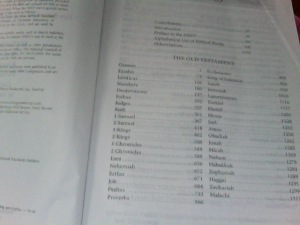I was going to write on Pink Floyd’s Another Brick in the Wall [The Wall, Roger Waters and David Gilmour, recorded 12/1978-11/1979, Harvest/ Columbia records, November, 1979], but some famous, wealthy parents are being charged with paying people to falsify test scores, to admit their non-athletic children as college athletes, and to fake disabilities -all this to get children into their preferred elite schools. The issue with this sometimes ivy covered brick wall isn’t an education that dulls the hearts and minds of its learners: it’s the difficulty of getting past the wall and into the classrooms it surrounds.
Even without cheating, wealth tips the scales in favor of its children. Here are just a few examples:
- Wealthy parents give their children educational advantages by living in towns with excellent public schools, enrolling them in private schools, and paying for tutors to improve grades.
- Wealthy children can afford to take a “college tour,” visiting several schools and talking with admissions workers: they are aware of the variety of options available and do not need financial aid to attend.
- Expensive standardized tests and college application fees aren’t a problem. The students who would need a waiver for the fees are often the ones who don’t know such a thing is available to them.
- Parents and other family members have attended college in the past, bringing their own experience in navigating the admissions process to their children’s advantage.
- Alumni/ae have helpful connections, and that helps their children gain admission.
Some of the disadvantages that lack of money brings:
- Schools in poor towns often don’t have the resources to help struggling students navigate the college admissions process. Guidance and connections are limited.
- Lack of resources often means lack of awareness of aid offered by top tier schools.
- Teachers may discourage bright but poor learners from pursuing an ivy league or other top flight college education.
- Taking a campus tour outside the immediate area is too expensive for many students and their families.
- Parents who haven’t been to college don’t know how to help their children get through the admissions process.
Wealth has always made getting to the other side of the higher education brick wall easier. Lack of money isn’t just a lack of wealth: it’s a lack of awareness of the possibilities that exist, and often a limited ability to imagine an improvement in life quality through education. While a change in the family bank balance may not be possible, increasing opportunity and awareness is. Public libraries offer free access to computers and resources, and assistance in using them. Learning readiness programs such as Head Start help children achieve future academic success by fostering their development. Mentors can help broaden a young person’s perspective.
Jesus didn’t say everyone would have the same advantages and opportunities; he recognized that the poor struggle in ways that the wealthy do not. But Jesus did realize that taking advantage of the poor by denying them opportunity or by gaming the system in favor of one’s own came at a steep price that no amount of money could equal:
For what will it profit them to gain the whole world and forfeit their life? (Mark 8:36)






